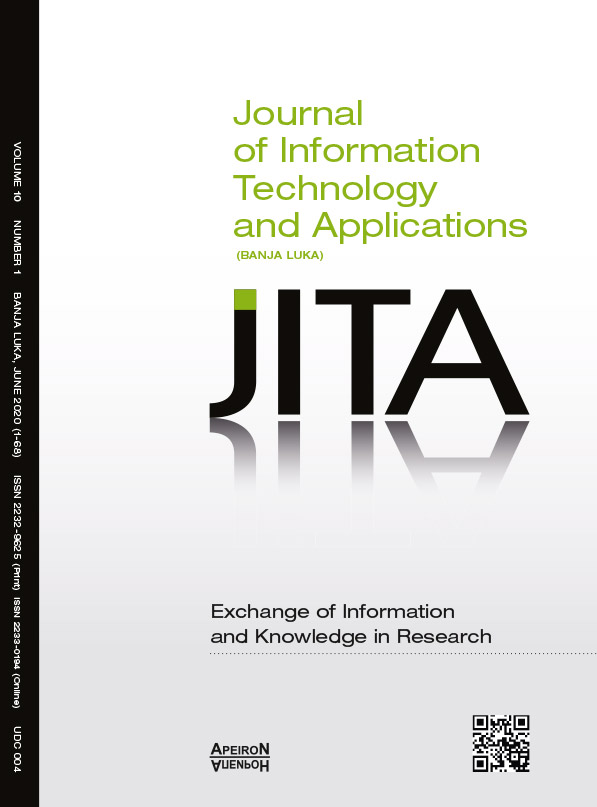Analysıs of Stages of Development, Current State and Prospects of the Expert Systems
DOI:
https://doi.org/10.7251/JIT2001030RAbstract
The objects of the study are stages of development and modern state. In general terms, expert systems are knowledge-based systems. This paper focuses on the components and principles of expert systems. Expert systems are also described. The components of expert systems include knowledge base, logical impact mechanism, user interface and decision-making. In addition, this article describes the capabilities of expert systems. One challenge is to identify the future prospects of expert systems. The research examined the expert system and its significance. It also focuses on generations of expert systems. The first generation of expert systems includes systems created before 1990. This article discusses SAINT, DENDRAL and HEARSAY-1. The features of this expert systems are also discussed here. First-generation expert systems are research prototypes. As a result, the foundations of artificial intelligence were developed. Mostly first-generation expert systems were used as a passive assistant expert. The second generation of expert systems refers to systems created since 1990. Features of second-generation expert systems include dynamism, interactivity, and processing of disparate knowledge. Unlike first-generation expert systems, these systems are able to test the completeness of the knowledge base, to process fuzzy knowledge. Their main difference is the ability to integrate second-generation expert systems with existing systems. At the moment, statistical and dynamic expert systems are distinguished. This article describes the current status of both types. Here are also discussed the tools of statistical and dynamic expert systems. At the end, possible prospects of expert systems are received
